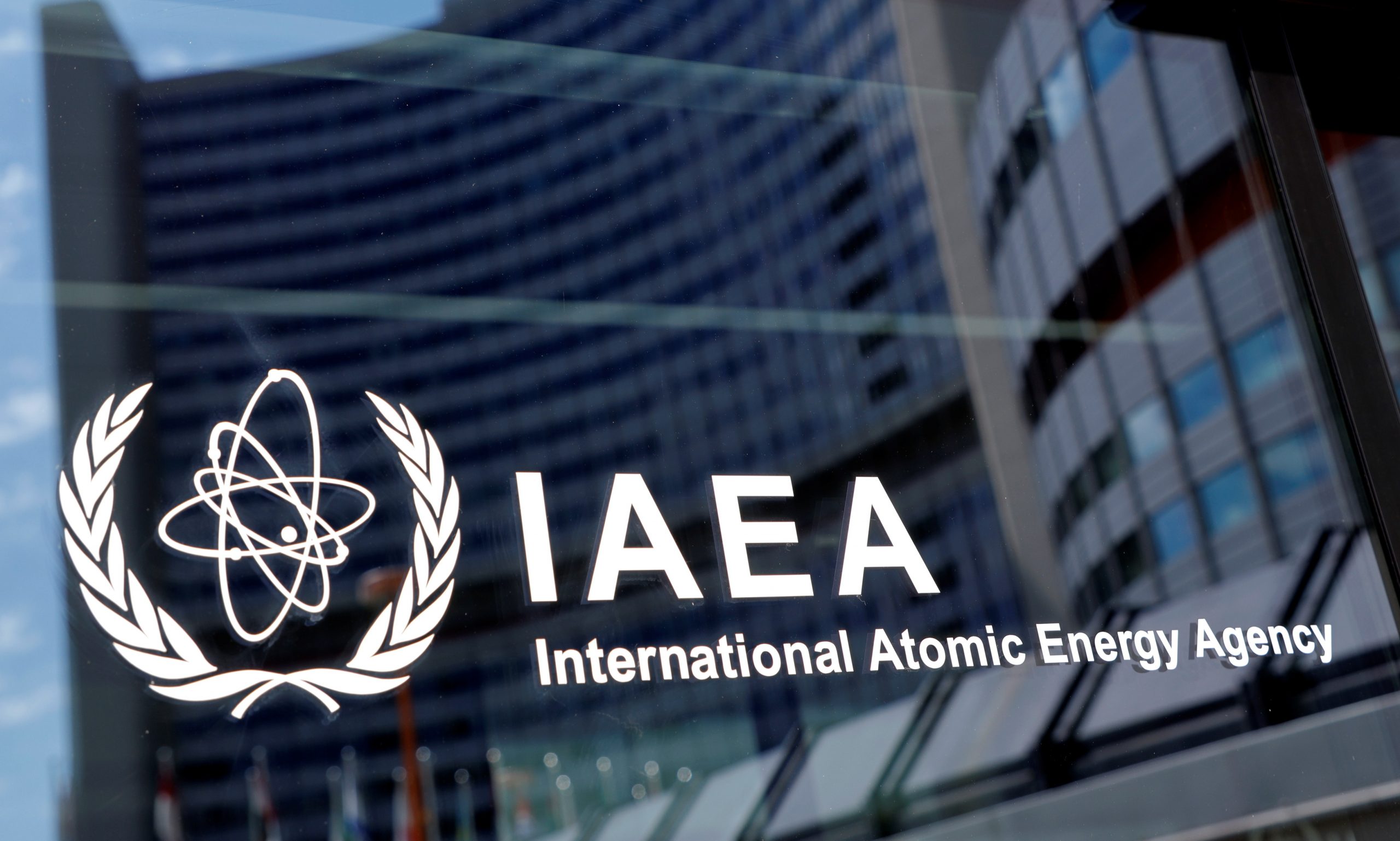Doha has twice served on the board of governors, once between 2013 to 2015, and a second time between 2016 and 2018.
Qatar has been elected to the board of governors for the International Atomic Energy Agency for the next two years, state-run Qatar News Agency reported on Thursday.
Doha’s membership was confirmed during the five-day IAEA general conference in Vienna this week, which is expected to conclude on Friday.
The board consists of 35 members and controls the nuclear watchdog’s main policy-making bodies while reviewing and approving budgets, operational programmes as well as safeguards agreements and safety standards.
The board also has the power to appoint the agency’s director general.
The Gulf state has twice served on the board of governors, once between 2013 to 2015, and a second time between 2016 and 2018.
Secretary-General of the Ministry of Foreign Affairs Dr. Ahmed bin Hassan Al Hammadi, who became IAEA’s Governor from the State of Qatar, said that the election “affirms the global appreciation to Qatar’s successful efforts and responsible approach towards the development of a peaceful nuclear energy programme.
“It also shows the global community’s confidence in Qatar’s active and influential role in international forums,” QNA reported.
Qatar is a signatory to most conventions related to nuclear safety, security, and safeguard, and has been an active member of the IAEA since its accession in 1976.
Iran nuclear deal
The election comes as world powers scramble to revive the Iran nuclear deal after former US President Donald Trump pulled Washington from the historic accord in 2018.
Qatar’s Amir Sheikh Tamim bin Hamad Al Thani recently stressed that while no one officially approached Doha for mediation, it maintained a communication portal between Iran and the US.
“Of course, there are differences, everyone has some, but we must sit down and talk about them, directly between us and the Iranians, without outside interference,” Sheikh Tamim said in a major new interview with French outlet Le Point, the first such press appearance since becoming leader in 2013.
In June, Qatar hosted a round of two-day indirect talks between Tehran and Washington in an effort to salvage the 2015 nuclear deal, formally known as the Joint Comprehensive Plan of Action (JCPOA).
“We are talking with our US allies, and we are talking with the Iranians, because Iran is our neighbour,” the Qatari leader said, later adding that “it is in our duty and interest to do everything to bring the parties together and to encourage them in negotiating a peaceful settlement.”
‘No one has officially approached us’ Qatar’s amir talks mediation between Iran and US
As a heavyweight mediator, Doha has long pushed the need for dialogue in order to achieve peace across the world. Over the past years, the Gulf country has served as a platform for communication between conflicting sides, with instances including Chad and Afghanistan amongst other countries.
“Our foreign policy in Qatar aims to bring different points of view together, to help all parties who need it, and to play a role of facilitator, in the region and beyond.”
“The world needs dialogue to solve its problems,” said the leader.
“We do not limit ourselves in the choice of our interlocutors, as long as they believe in peaceful coexistence. But we are not willing to talk to those who oppose it.”
Commenting on Qatar and Iran’s ties, Sheikh Tamim said the Islamic Republic remains an important country that shares a “historical relationship” with Doha, as well as a shared gas field.
In the interview, the amir renewed the importance of the Gulf Cooperation Council (GCC) holding dialogue with Tehran to settle their differences.
“We encourage all GCC member states and Iran to talk to each other,” the Sheikh Tamim added.
In late May, Qatar’s Foreign Minister Sheikh Mohammed bin Abdulrahman Al Thani said that reaching a common ground with regards to the nuclear deal between Iran and relevant world powers will aid in boosting stability in the Gulf region and help oil markets.
According to the country’s ministry of foreign affairs, the top diplomat said “pumping additional quantities of Iranian oil to the markets will help stabilise crude prices and reduce inflation.”







